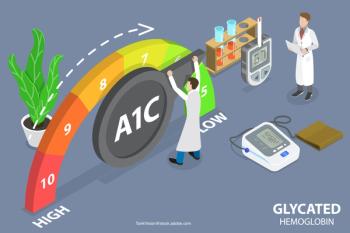
Pharmacy residents can aid in effectively improving HbA1c levels in patients.

Pharmacy residents can aid in effectively improving HbA1c levels in patients.

A do-it-yourself option to replace traditional diabetes management technology is growing in popularity.
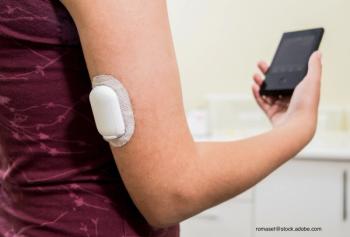
Continuous glucose monitoring has many benefits and can improve disease management in for both diabetes types.
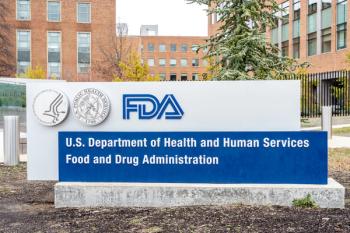
The FreeStyle Libre 3 system, billed as the world's smallest, thinnest, and most accurate 14-day glucose sensor, received FDA clearance on May 31 and is expected to be available in participating pharmacies later this year.

Identifying these risk factors can help with early detection of T2D.

Other risk factors include high blood pressure and cardiovascular disease.
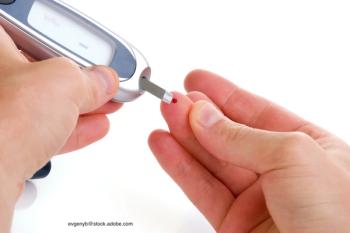
Using 21 years of follow-up data from more than 3000 patients with prediabetes, results of the DPPOS study demonstrate metformin use and lifestyle intervention reduced the risk of progressing to T2D, but did little to reduce the long-term risk of cardiovascular disease in these patients.

A systematic review and meta-analysis of 7 trials provide a detailed overview of the reductions in HbA1c and body weight, as well as the safety, of tirzepatide in various doses compared against placebo and other diabetes medications from clinical trials.
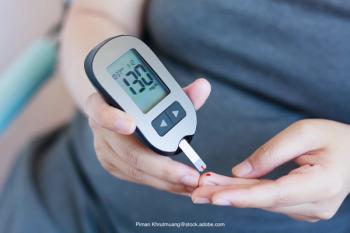
A retrospective analysis of more than 25k patients with type 2 diabetes details the impact achieving early glycemic control can have on the risk of cardiovascular disease events among these patients.

Announced on May 13, the approval indicates Eli Lilly and Company's novel dual GLP-1/GIP agonist, tirzepatide (Mounjaro), for use as an adjunct to diet and exercise to improve blood sugar in adult patients with type 2 diabetes.

An analysis of data from more than 3500 individuals followed for more than 20 years provides insight into the impact of food insecurity on risk of cardiometabolic conditions, including obesity and type 2 diabetes.

A review of data presented at ATTD 2022 dissects what features within smartphone applications created to improve diabetes management actually contribute to improved glycemic control.

This valuable service can make a meaningful difference.

The role of altered gut microbiota on functions, ranging from hormone secretion to metabolic function, remains unclear.

Many patients with heart failure do not receive optimal therapy until they present to a hospital with exacerbations.

One in 5 American adults with diabetes don't know that they have the disease.

A telehealth intervention may successfully lead to improvements in diabetes management.
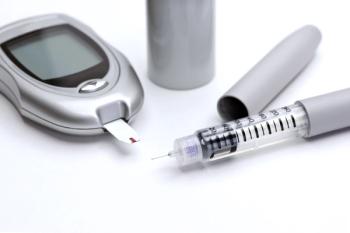
Patients taking the blood pressure medication required less insulin and demonstrated immunomodulatory benefits.

More than 45 pharmacies participate in the National Diabetes Program.
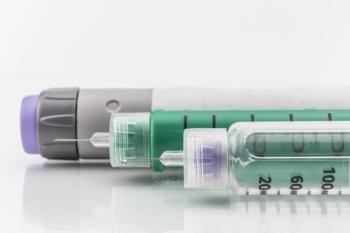
Pending FDA approval, insulin from nonprofit pharmaceutical company Civica could be available in 2024.

How can pharmacists help slow the progression of diabetic kidney disease?

PCOS prevalence in girls with type 2 diabetes was almost 20%.

Diabetes-related deaths increased by 17% in 2020 and 15% in 2021.
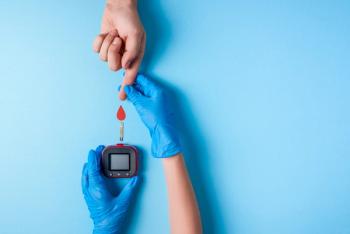
Two recently published studies have identified increases in T1D in children since the pandemic began.

Researchers evaluated whether early gestational diabetes screening is associated with improved perinatal outcomes.